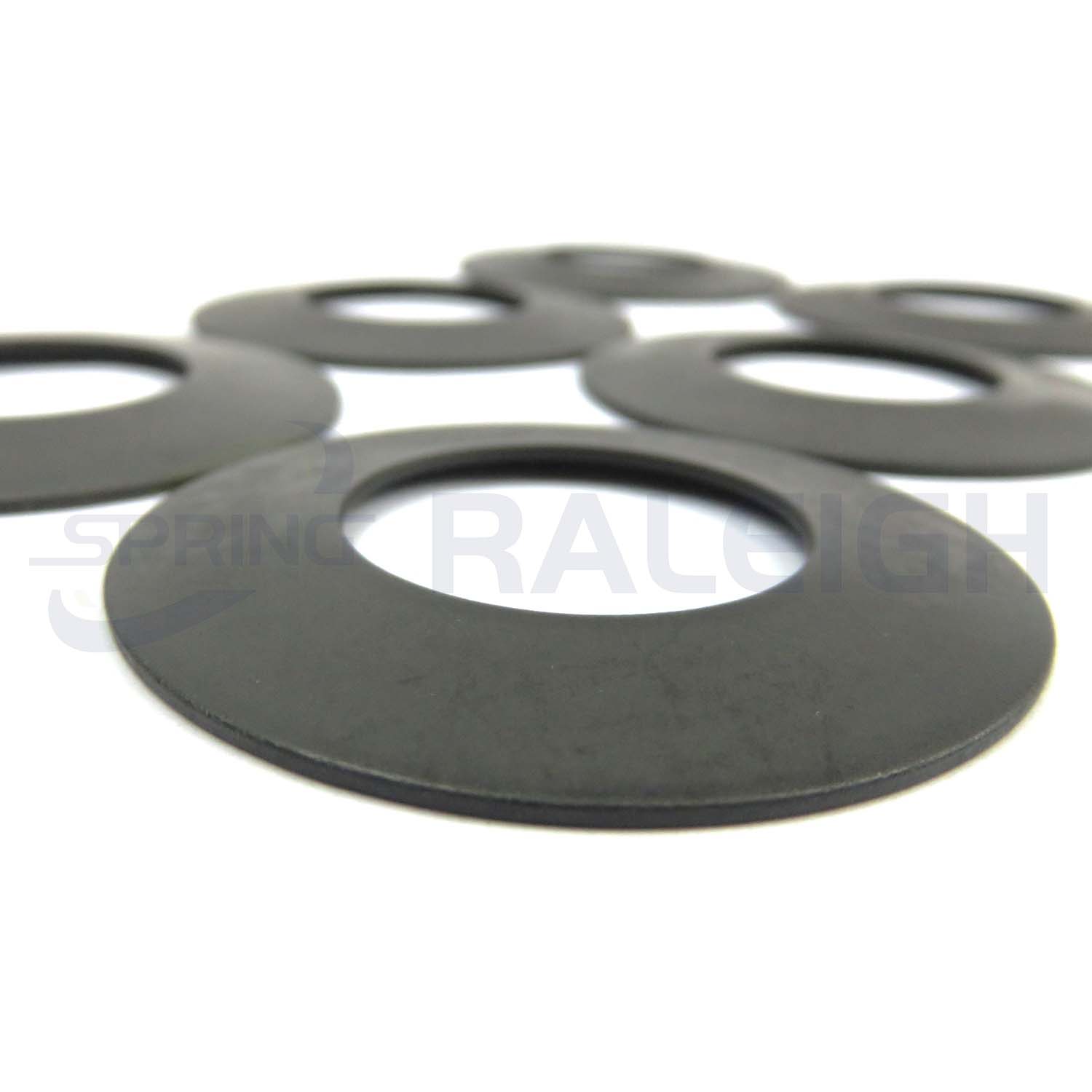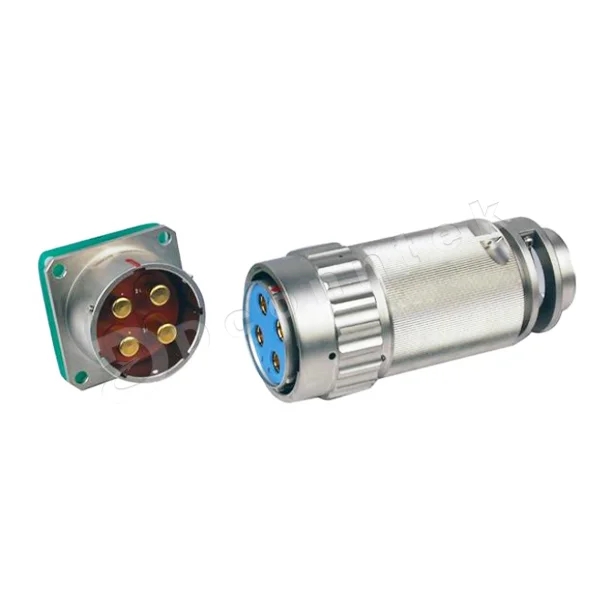Parking brake cables may seem like a minor part of your vehicle’s braking system, but they play a crucial role in vehicle safety, particularly in preventing accidents. Often overlooked during routine vehicle maintenance, the parking brake cable is an essential component of the parking brake mechanism that ensures your vehicle remains stationary when parked. This blog delves into the vital role parking brake cables play in vehicle safety, how they prevent accidents, and what you can do to maintain them effectively.
Understanding Parking Brake Cables
Before delving into their role in preventing accidents, it’s important to understand how parking brake cables work. A parking brake cable is a mechanical system that connects the parking brake lever or pedal to the brake components, typically found at the rear wheels. When the parking brake is engaged, the cable pulls on the brake shoes or pads, preventing the wheels from moving. The system is activated by pulling a lever or pressing a pedal, which tightens the cable and applies pressure to the brake system.
Unlike the primary braking system, which is used during driving, the parking brake is designed to keep a stationary vehicle in place when parked, especially on inclines or slopes. In this sense, parking brake cables are vital to vehicle safety, preventing rollaway accidents and ensuring the vehicle doesn’t inadvertently move when not in use.

The Key Role of Parking Brake Cables in Preventing Accidents
1. Prevents Vehicle Rollaway
One of the most crucial functions of the parking brake cable is to prevent the vehicle from rolling away. This is especially important on inclines or sloped surfaces, where gravity could cause the car to move unintentionally. If the parking brake cable fails or is improperly maintained, the brake system may not engage fully, leaving the vehicle vulnerable to movement.
A vehicle that rolls away can cause accidents, ranging from minor fender benders to more severe crashes involving pedestrians or other vehicles. Properly functioning parking brake cables ensure that your vehicle stays securely in place, even on a slope, and reduces the risk of such accidents.
2. Assists in Emergency Situations
Parking brake cables can also play a vital role in emergency situations. For instance, if the primary braking system fails, the parking brake serves as a backup to help slow down or stop the vehicle. Although the parking brake isn’t designed for high-speed braking, in the event of a failure, it can provide enough stopping power to prevent further accidents until the vehicle comes to a complete stop or reaches a safe area.
In such scenarios, a well-maintained parking brake cable could make the difference between a minor incident and a more serious crash.
3. Protects Other Brake Components
By engaging the parking brake, you are effectively securing the entire brake system. Parking brake cables ensure that the parking brake mechanism is properly engaged, keeping the brake shoes or pads in position. Without the correct tension or engagement from the cable, the brake shoes may shift or become misaligned, potentially compromising the braking performance.
In addition to preventing rollaway accidents, parking brake cables ensure that other brake components are kept in proper working order. When a vehicle is parked on an incline without a fully functional parking brake cable, the strain on the brake pads or shoes can cause unnecessary wear, reducing their longevity and overall performance.
Common Issues with Parking Brake Cables and Their Impact on Vehicle Safety
Although parking brake cables are designed to be durable, they can suffer from wear and tear over time. Below are some common issues that can occur with parking brake cables and how they can affect vehicle safety:
1. Cable Stretching
Over time, parking brake cables can stretch, particularly if the parking brake is engaged frequently or if the cable is exposed to extreme temperatures. A stretched cable means that the parking brake won’t engage fully, making it ineffective in holding the vehicle in place. This is a serious safety concern, especially on sloped surfaces, where the vehicle could roll away.
2. Rust and Corrosion
Parking brake cables are often exposed to the elements, particularly in areas with harsh weather conditions. Water, salt, and road chemicals can cause rust and corrosion on the cables, which can lead to stiff or faulty operation. Corrosion may prevent the cable from engaging the parking brake system properly, causing it to fail when needed most.
3. Frayed or Broken Cables
Parking brake cables can become frayed or even break due to constant use or aging. Frayed cables may lose their ability to transmit force properly, leading to ineffective brake engagement. A broken cable will render the parking brake completely useless, putting the vehicle at risk of rolling away or not stopping in an emergency.

How to Maintain Parking Brake Cables for Optimal Safety
Regular maintenance of the parking brake cable is essential to ensure it functions properly and contributes to overall vehicle safety. Here are some tips for maintaining your parking brake system:
1. Regular Inspection
One of the best ways to ensure your parking brake cables are in good working condition is to conduct regular inspections. During each routine maintenance check, ensure the parking brake is fully functional and that the cable is tight, smooth, and free of visible damage. Check for any signs of rust, corrosion, or fraying, and replace any damaged cables promptly.
2. Lubrication
To keep the cables operating smoothly, it is important to lubricate them regularly. Use a lubricant that is suitable for use on metal cables to reduce friction and prevent wear. Lubrication helps the cable move freely and reduces the chances of the cable snapping or becoming stiff.
3. Replacement of Worn Cables
If you notice that the parking brake cable is frayed, stretched, or damaged, replace it immediately. A worn-out cable is unlikely to function properly, which increases the risk of vehicle movement or inadequate emergency braking. Always use high-quality replacement cables to ensure durability and reliability.
4. Proper Tensioning
The parking brake cable should be properly tensioned for optimal performance. Over-tightening or under-tightening the cable can lead to poor performance. If you’re unsure about the tension, it’s best to have a qualified mechanic check and adjust it as necessary.
Conclusion
Parking brake cables are often an underappreciated component of a vehicle’s braking system, but they play a critical role in ensuring safety and preventing accidents. From preventing rollaways to acting as a backup in emergency situations, a well-maintained parking brake cable can save lives. Regular inspection, lubrication, and replacement of worn-out cables are key to ensuring that your parking brake functions as intended.
For drivers and fleet owners, understanding the importance of parking brake cables and taking proactive measures to maintain them is essential to enhancing vehicle safety and minimizing accident risks. By keeping your parking brake system in top shape, you contribute to safer roads for everyone.
Top 5 Signs Your Parking Brake Cable Needs Replacement
https://www.huafengqp.com/
Wuxi Huafeng Car and Motor Fittings Co., Ltd.






